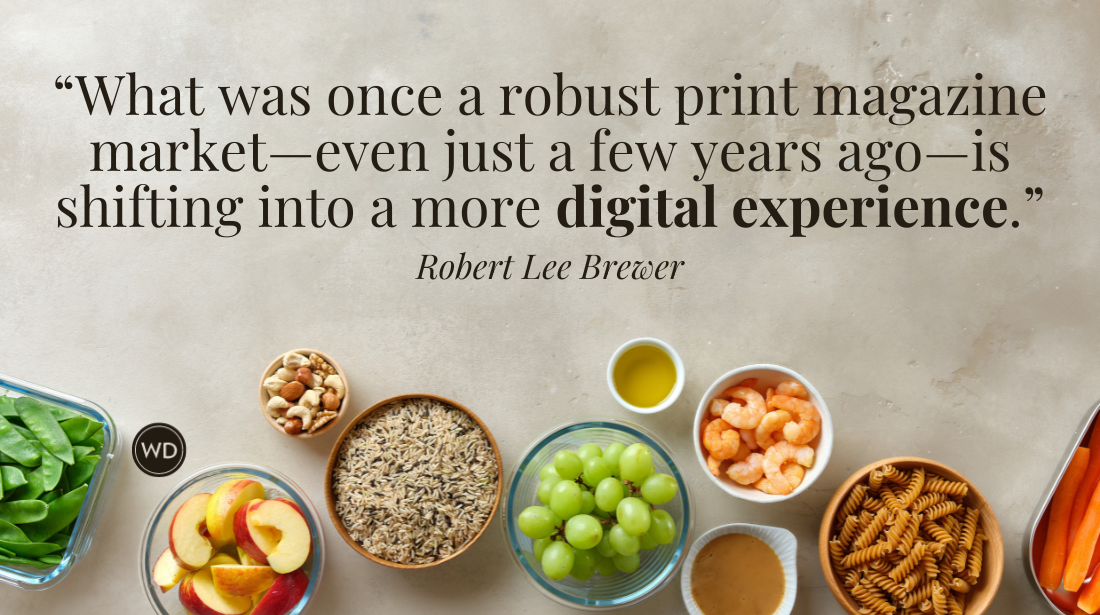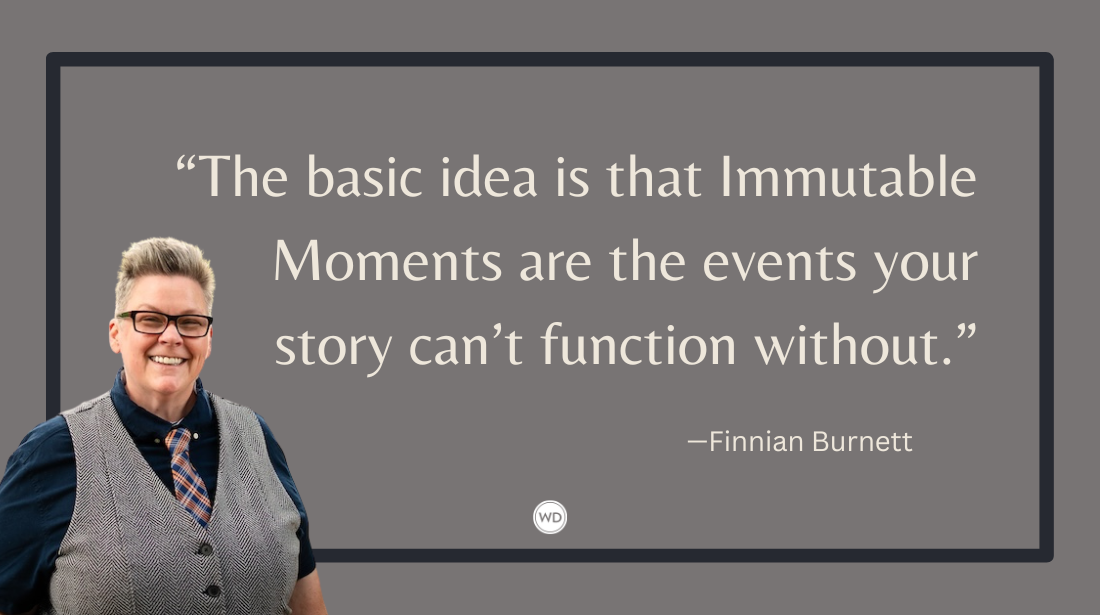3 Questions for Making the Jump From Indie to Traditional Publishing
Self-published author Ellie K. Wilde shares how she made a seamless transition from indie publishing to traditional publishing and offers three questions for other self-publishers to answer when considering the move themselves.
When I decided to release what would be my debut romantic comedy a couple of years ago, it was with the sole intention of self-publishing—partly because I was doing it for my own fulfillment, and partly because I knew I’d enjoy the entrepreneurial side of publishing a book.
I was right. Even through the stresses and pressure of being a one-woman show, running what was essentially my own publishing business with no experience and learning as I went, I loved the hustle and my ability to easily pivot from one project to the next, following the flow of the romance readership.
Several months after the release of my third self-published novel, Only in Your Dreams, the break-neck pace of indie publishing started to take its toll. I was drifting increasingly farther from what I enjoyed most about publishing: immersing myself in characters and telling their stories.
For the first time, I began to explore the idea of traditional publishing. Still, I was cautious of making the switch after having owned every decision tied to my books. Not only that, I was one book into a series that I intended to complete, and was faced with the prevailing wisdom not to bother querying a self-published work, or a series that had already kicked off.
I’ve never been one to ignore prevailing wisdom, but there I was doing exactly that. Fast forward six months later, Only in Your Dreams has re-released as a traditionally published book, with the second in the series to be published seven months after that. Talk about a break-neck pace.
If you’re thinking of making the jump from indie to traditional publishing, here are three things I considered before taking the plunge.
1. What’s your “why”?
Whether you’re looking for the reach of a big-five publisher, you’re tired of being responsible for it all, or you want to forgo the start-up costs of self-publishing a book, honing in on the reason you want to explore traditional publishing is the first step in carving out what the journey might look like for you.
This will help you zero in on the right agent to help achieve that goal, and then (hopefully) the right publishing team to bring your stories to the world—in fact, it might be the very first question posed to you by the agents you query.
2. What should you query (and include in your query letter)?
This tends to come down to whether to query an already-published work or an original manuscript. Based on my experience I’m here to tell you… it depends.
It requires taking an honest look at your existing work, the feedback you’ve received from readers, its marketability and the sales you’ve achieved to-date. Strong numbers may demonstrate to agents and publishers that the book (and series) is sellable and worth investing in. Anything else might indicate that the audience may not be there for this particular story, and it would be worth considering going the route of an original manuscript.
Whichever direction you take, if you’ve got solid sales (including those within subscriptions services such as Kindle Unlimited) and review numbers for your indie work, I highly encourage you to stick those figures up front in your query letter.
3. Are you willing to compromise?
As the head of your self-publishing business, you’ve currently got near-complete control of the process. That isn’t the case within traditional publishing, and it’s therefore important that you evaluate the areas you are and aren’t willing to hand over before going ahead. If you find that you’re unwilling to budge on much, then consider whether it’s the right path for you.
Though you might be giving up some control, your experience in indie publishing isn’t for nothing. You’ve become intimately attuned to your readership and the expectations they have when picking up your books, and this experience is worth leaning into as you make the jump to traditional publishing. I’m thrilled (and blown away) by the expertise within the teams now backing my books. But it’s my experience in self-publishing that’s allowed me to confidently agree to their vision, and advocate for alternatives when the need arises. Not to mention, it was instrumental in my ability to confidently choose a publishing team I knew could get my books into the hands of readers.
When you’re speaking with agents you’ve queried and publishing teams while on submission, seek to understand their vision for your novel (including marketing), what they enjoyed about it and what they might look at changing, and make sure it aligns with what you know works with your readership and that of your genre as a whole.
While it’s not the right call for every author, the jump to traditional publishing can be as fulfilling as self-publishing. All it takes is a little self-reflection to decide on the best path forward for you and your stories.
Check out Ellie K. Wilde's Only in Your Dreams here:
(WD uses affiliate links)
Ellie K. Wilde dreams up love stories with a lot of heart and the kind of spice that makes your knees shake. She writes male leads with big personalities and sweet, cinnamon-roll insides and women who discover they’re just as tough as they wish they were. Happily-ever-afters only. Visit elliekwilde.com and follow her on Instagram and TikTok @elliekwildeauthor.








